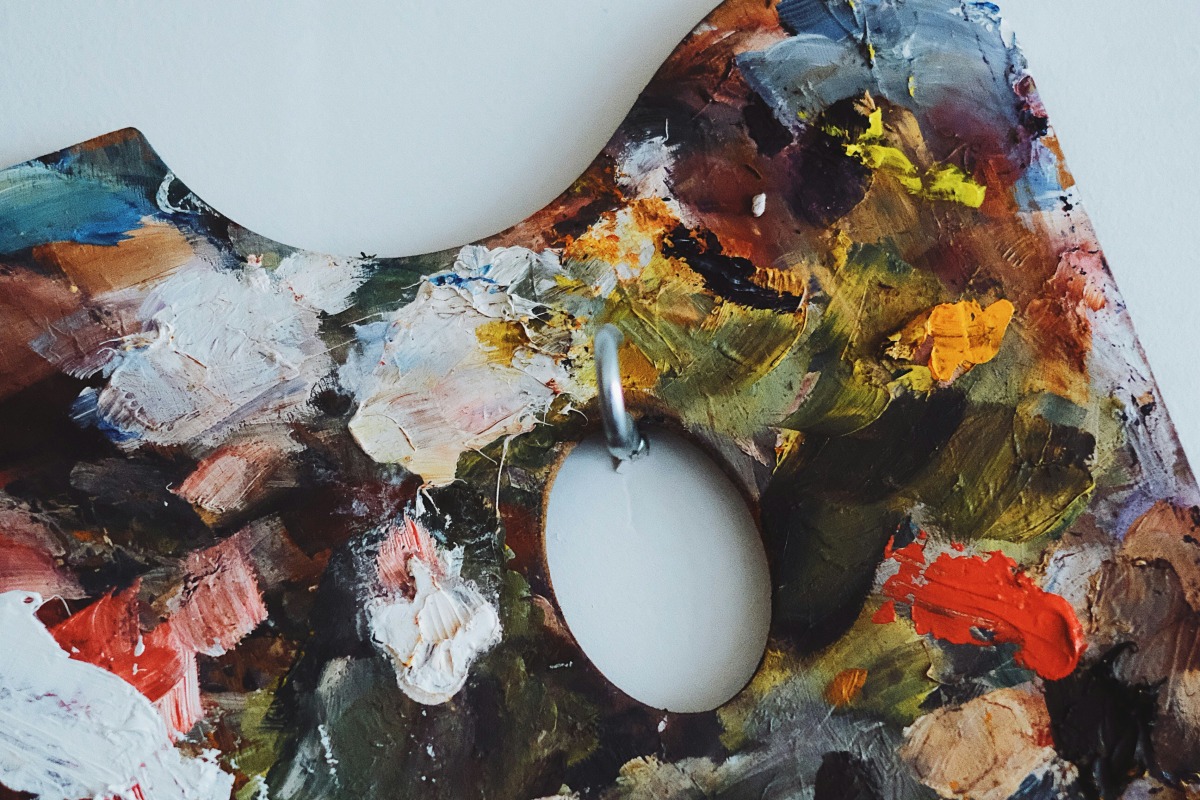How Can Participating in Activity Therapy Help One Cope With Bipolar Disorder?
Going about life with unmanaged bipolar disorder (BD) can be challenging for some individuals. Learning to cope with the intense highs and lows can be difficult without emotional and professional support. The effects of untreated bipolar disorder can affect many different aspects of an individual’s life. Fortunately, participating in activity therapy at Restoration Recovery can teach one new coping mechanisms. Activity therapy can also be a great way to make healthy connections and cope with bipolar disorder. It can be a great way to build a strong support network for a better quality of life.
What Is Bipolar Disorder?
According to the National Institute of Mental Health (NIMH), manic-depressive illness is also called bipolar disorder, or manic depression. It is a psychiatric disorder that can abruptly alter an individual’s ability to concentrate on a day-to-day basis. The mental disorder can also negatively impact one’s activity and energy levels. Extreme shifts in an individual’s mood can make it challenging for one to complete daily tasks. Moments of impulsivity can greatly interfere with many different areas of one’s life. The three types of bipolar disorder consist of:
- Bipolar I: Manic episodes typically last up to a week. Manic symptoms may be so severe an individual may require hospitalization.
- Bipolar II: Pattern of less severe hypomanic and depressive episodes than bipolar I.
- Cyclothymic disorder: Recurring hypomanic and depressive symptoms that do not last long enough to qualify as hypomanic or depressive episodes.
Adverse Effects of Using Substances to Cope With Bipolar Disorder
There is a strong association between bipolar disorder and substance abuse. Many individuals commonly misuse drugs and alcohol in hopes of self-medicating the negative effects on their mental health. For example, an individual binge-drink alcohol to relieve racing thoughts or insomnia related to their condition. Some individuals misuse harmful substances to mask depressive thoughts. Although this may seem helpful, suppressing depression and mania with harmful substances can be harmful to one’s physical and mental health. Doing so can ultimately worsen one’s condition and lead to substance use disorder (SUD) if addictive behaviors persist without seeking professional treatment.
How Does It Feel to Cope With Bipolar Disorder?
Many individuals with bipolar disorder struggle to function on a day-to-day basis. Their work performance, relationships with loved ones, academic progress, and many other aspects of their life may be impaired. One moment, an individual may feel an overwhelming sense of joy, excitement, or euphoria. It may be hard for one facing difficulties with bipolar disorder to remain still, slow down, concentrate, or fall asleep. An individual may also experience periods of grandiosity.
A period of lows can also make one feel deeply vanquished. For example, an individual may experience extreme fatigue, decreased motivation, shame, guilt, or intense sadness. They may not feel worthy of acceptance from society. No two individuals present the same symptoms, but common warning signs of bipolar disorder may include but are not limited to:
- Feeling jumpy or wired
- Multitasking with no need for rest
- Having an excessive appetite for food, substances, or sexual intercourse
- Feeling powerful or unusually important
- Having anxious feelings
- Speaking fast or being unusually talkative
- Spending excessive amounts of money
- Feeling restless
- Experiencing racing thoughts
- Having difficulty making wise decisions
- Experiencing a major lack of interest in almost all activities
- Feeling deeply hopeless or experiencing suicidal ideation
What Is Activity Therapy?
According to the Clinical Center: America’s Research Hospital (NIH), recreational therapy can also be called “activity therapy.” This type of therapy evaluates and treats individuals experiencing challenges with anywhere from acute to chronic conditions. Activity therapy can provide care for those experiencing challenges with musculoskeletal, oncological, cardiopulmonary, neuromuscular, or behavioral health conditions such as bipolar disorder.
Recreational interventions provide maintenance and restoration for certain abilities to reverse, prevent, or reduce functional limitations. This type of care is holistic to provide a whole-person approach. Although bipolar disorder has no cure and is a life-long mental health condition, many individuals do experience relief after participating in activity therapy. Different recreational services commonly include:
- Art therapy
- Dance and movement
- Creative writing
- Animal-assisted care
- Aquatics
- Mindfulness and meditation
- Games
The Value of Participating in Activity Therapy at Restoration Recovery to Cope With Bipolar Disorder
Knowing that living with untreated bipolar disorder can be challenging, professional support is crucial for sustaining long-term recovery. Prescription medications alone may not be effective in treating the effects of bipolar disorder. For severe bipolar disorder or a dual diagnosis of BD and SUD, medication-assisted treatment (MAT) can be helpful. If one is looking for an alternative to pharmaceutical care, holistic treatment is a great option. Moreover, there is great value that can come from moving forward with activity therapy at Restoration Recovery. Some advantages that can come from participating in activity therapy include:
- Mood stabilization
- Improved relationships with loved ones
- Balanced productivity
- Reduced stress
- Improved self-esteem, confidence, and sense of self-worth
- Increased socialization opportunities for additional support
- Improved physical health
- Increased satisfaction with care
- Structured physical activity
At our California recovery center, our serene setting helps clients achieve not just wellness, but wholeness. Our mission is to help people struggling with substance use disorder, mental health disorders, or dual-diagnosis disorders achieve long-term sobriety by offering treatment options that heal the mind, body, and spirit. Our team hopes that we help restore meaning, purpose, and self-esteem for each client, providing them with the tools for a successful, healthy future. We also believe that a supportive and therapeutic community can provide inspiration for these building blocks. Call Restoration Recovery at (888) 290-0925 to get more information about our holistic care services to overcome the negative effects of bipolar disorder.






